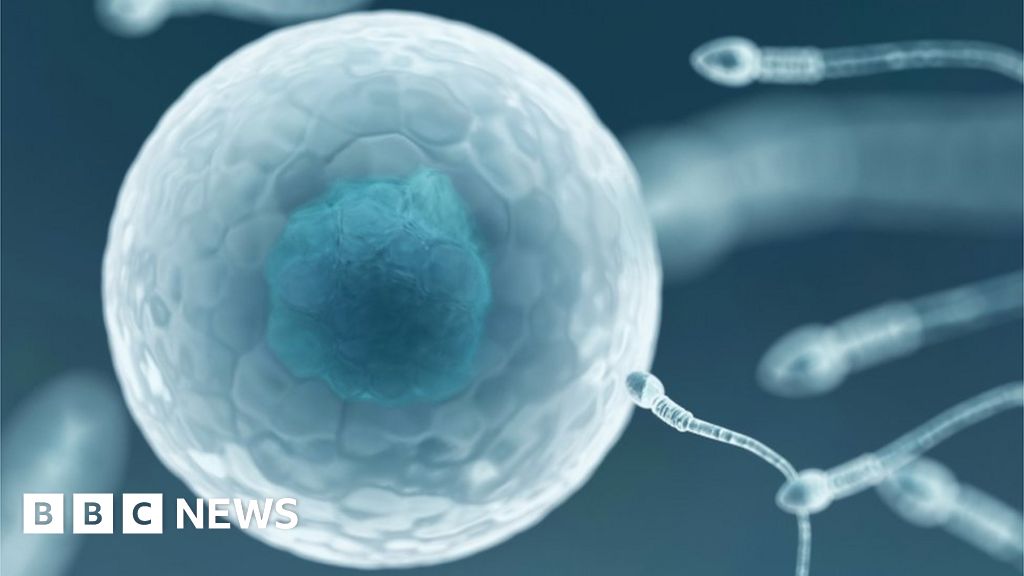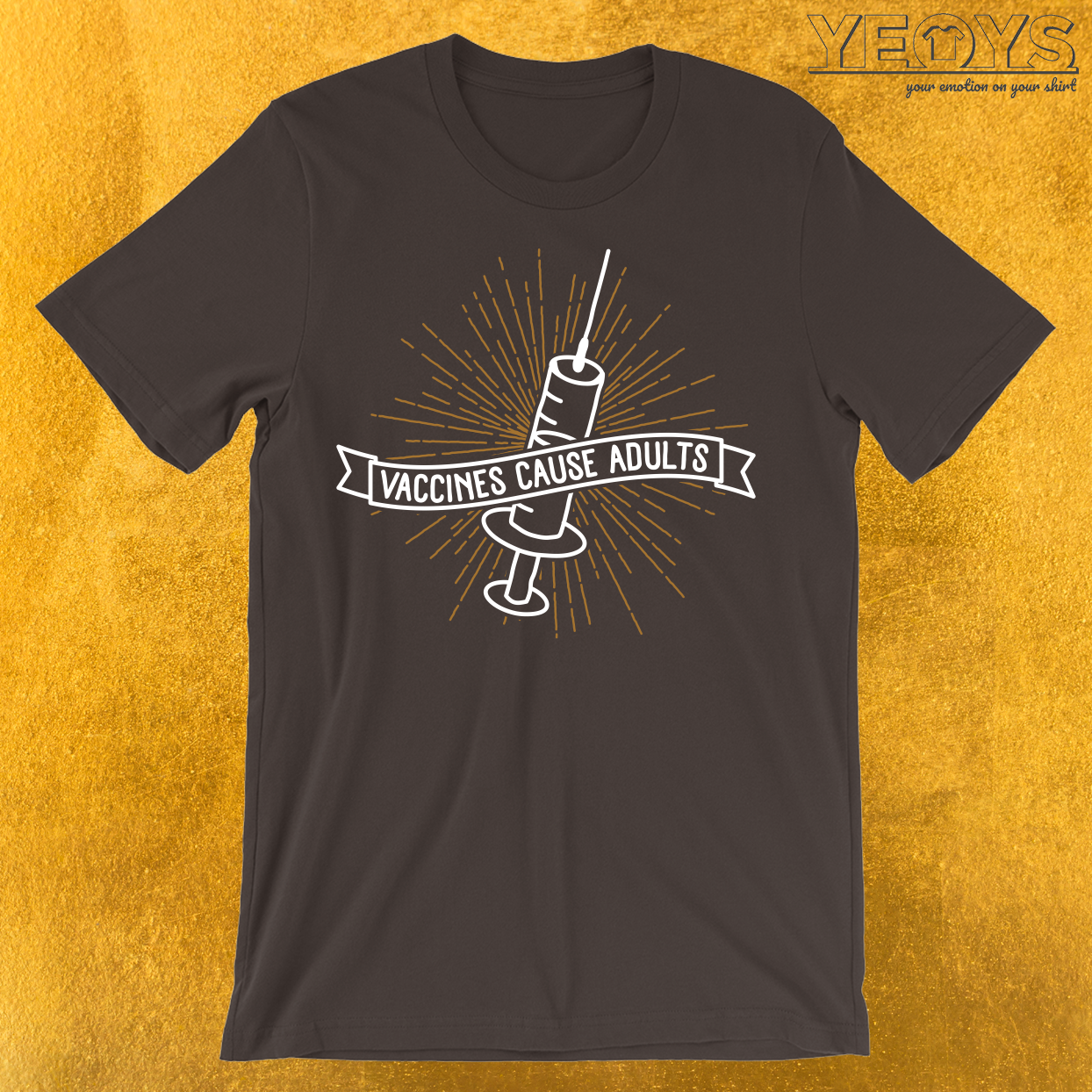Image copyright
science Picture Library
The get sperm monetary institution will create obvious that every and each body its donors are HIV sure
The arena’s first sperm monetary institution for HIV-sure donors has launched in New Zealand, aiming to fight stigma surrounding the illness.
Three HIV-sure males contain already signed up to donate – all of whom contain an undetectable viral load.
This ability virus ranges of their blood are so low that HIV can now not be transmitted via intercourse or childbirth.
Sperm Particular modified into launched by three charities before World Aids Day on 1 December.
Body Particular, the New Zealand Aids Foundation and Particular Females Inc hope the project will educate the general public about transmission of HIV, and slit stigma for folks that contain the illness.
The sperm monetary institution says this can create obvious that every and each body donors are HIV sure but on a hit medication that prevents them passing on the virus.
While it does now not itself characteristic as a fertility sanatorium, Sperm Particular will put of us in contact with local fertility clinics if they follow a match.
One of many three donors, Damien Rule-Neal, told Radio New Zealand that after he published his illness to his employer, he modified into bullied and at final decided to leave his job.
“Now we contain the science gradual it to speak that medications makes you untransmittable,” he said. “I’ve seen heaps of my female chums that contain HIV paddle on to contain teens, it reveals that science and medications contain given us that ability wait on.”
Recognized in 1999, Mr Rule-Neal is wholesome and married, with two teens and three grandchildren.
There contain been heaps of advances in HIV medication in most traditional years, in conjunction with a world-first kidney transplant from one HIV-sure affected person to at least one more in March.
Antiretroviral therapy – a each day combination of equipment that prevents HIV from replicating in the physique – can decrease the amount of the virus in the blood to undetectable ranges.
Nonetheless HIV continues to be one in all the sphere’s most serious public health challenges. Approximately 38 million of us had HIV/AIDS in 2018.
You would possibly per chance presumably also additionally be drawn to:
Media playback is unsupported on your tool





Leave a comment
Sign in to post your comment or sign-up if you don't have any account.